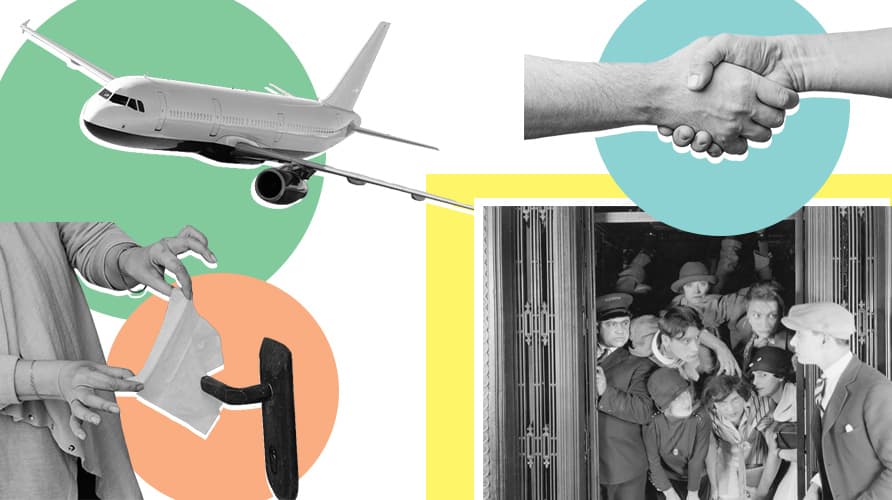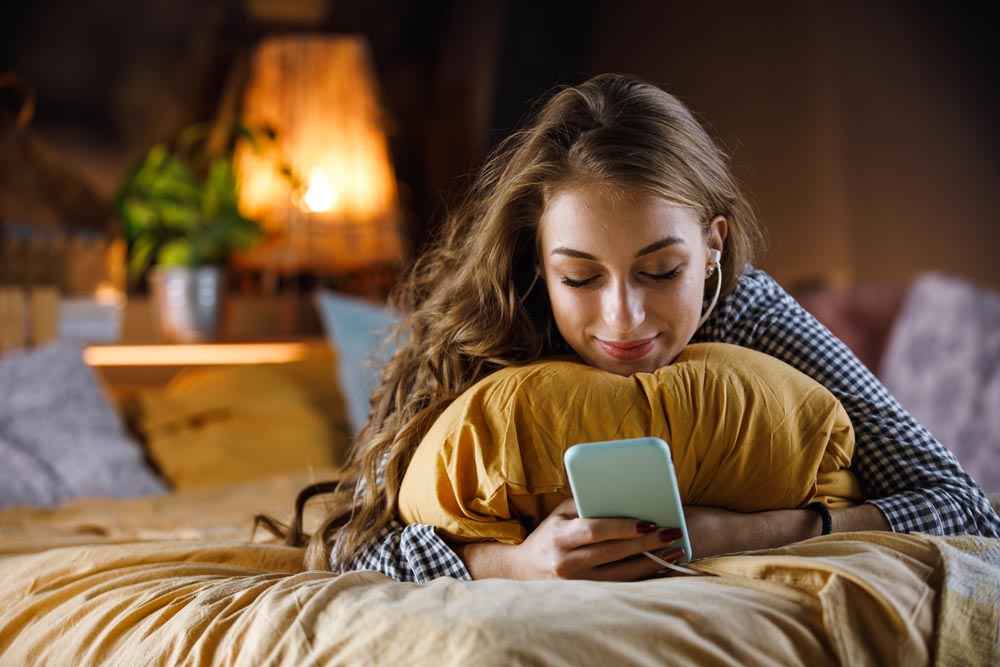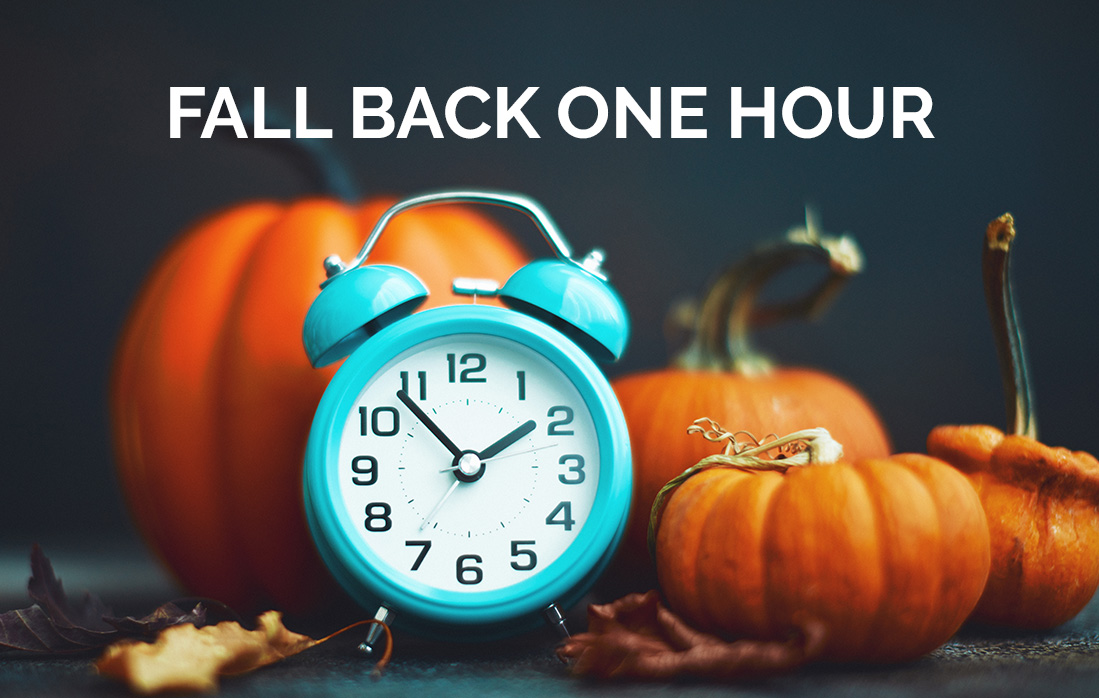
If you’re among the many people who often struggle to fall asleep, you’ve likely tried more than your share of potential solutions. Social media is rife with sleep hacks and advice that aims to improve the quantity and quality of nightly rest, which is a pretty sure sign that people are struggling to achieve the ideal amount. One of the reasons sleep might be hard to come by for many people is a growing trend of reduced social interaction and leisure time that’s sparked conversations around burnout and loneliness.
Eve Glazier, M.D., MBA, an internist and associate professor of medicine at UCLA Health, recently discussed this idea in the Times-Standard’s Ask the Doctors section (1). A reader wrote in, explaining they’d been spending a lot of time alone, so “made a point of joining friends at a museum, going on a group hike, and volunteering at a book sale,” adding that they’d been struggling with poor sleep, but on each of those nights, slept really well. Their question was, “Could socializing have made a difference?”
The Connection Between Social Activities and Sleep
Recent research suggests that social activities could be a missing piece in achieving quality sleep. The mental, physical, and emotional aspects of socializing may be critical for setting you up for high-quality sleep, which makes sense if you consider that humans have evolved to be social creatures.
According to health experts and recent studies, adults should get 7-8 hours of sleep every night. Sadly, the amount of sleep people get in economically developed societies is decreasing. In the United States, 21 percent of adults sleep fewer than six hours per night during the work week, while in Japan and the United Kingdom, the numbers are 19 percent and 18 percent, respectively, which is a huge problem when it comes to health. When determining the number of people who get less than 8 hours, those numbers jump — 79 percent, 70 percent, and 90 percent, respectively.
Dr. Glazier says in the Times-Standard that those who frequently participate in group hobbies, community organizations, and team sports were found to have a better quality of sleep than those who did not.
She stresses that what counts are the many cognitively, emotionally, and physically stimulating tasks they wind up performing over the course of the outing. “That includes the planning involved in conceiving and arranging the outing, getting dressed and otherwise preparing to leave the house, making the physical journey from home to the destination, and navigating the many rhythms and currents of the event itself,” she says.
A study published in the Proceedings of the National Academy of Sciences of the United States of America further supports this connection (2). The study found a bidirectional relationship between sleepiness, sleep duration, and social activity. In other words, not only can social activities help you sleep better, but a good night’s sleep can also make you more socially active.
The Impact of Different Types of Social Engagements on Sleep
Not all social activities are created equal, especially when it comes to their impact on sleep. Each type of social engagement — volunteering at a local charity, joining a book club, or playing a game of pickleball with friends, can affect your sleep in different ways.
According to Dr. Glazier, those who frequently participate in group hobbies, community organizations, and team sports are likely to have better sleep quality than those who do not. It seems that the body and mind based engagement involved in these activities can help tire us out and relieve stress, leading to a better night’s sleep.
Dr. Lincoln Stoller, a psychotherapist and clinical counselor, tells Sleepopolis that social activities will affect people differently. “They may be relaxing, enervating, or anxiety-producing — beyond achieving relaxation,” he says. A social engagement may be physically relaxing but psychologically upsetting, so the way certain social activities might play a role in your sleep quality will vary.
One more thing to note is that, according to Dr. Glazier, novelty is an essential aspect to consider when choosing your social activity. “A typical workweek, which often involves familiar actions repeated in the same place and under the same conditions, can be mentally and physically taxing… And yet high-quality sleep may still be elusive,” she says. Engaging in activities that are “unfamiliar, unexpected, or unpredictable appears to engage and even tire us out not only mentally but physically as well,” she adds.
While a game of pickleball with friends might physically tire you out and provide stress relief from positive socialization, leading to a good night’s sleep, a tense book club discussion could leave you mentally wired, making it harder to drift off. The key is finding the right balance of social activities that relax your mind and body.
The next time you plan your social calendar, consider how different activities might impact your sleep to find what works best for your temperament and body.
The Role of Nature in Social Activities and Sleep
If you’ve ever noticed how a day spent in the great outdoors can leave you refreshed and ready for a good night’s sleep, it turns out there’s science to back up that feeling. Research suggests that spending time in nature as part of social activities can lead to feelings of well-being and improved sleep.
As Dr. Glazier mentions in the Times-Standard article, numerous studies have linked spending time in the natural world with feelings of wellbeing, which can improve sleep. Going on a hike with friends, a picnic in the park, a camping trip, and other nature-based social activities can positively impact your sleep.
Dr. Stoller explains that spending time in nature can help us become more aware of our physical and mental state, allowing us to better manage our tensions and anxieties, which, in turn, can lead to better sleep. “People who struggle with sleep typically are having trouble managing the tensions in their body and mind,” he says, adding that many tensions are unconscious, including those that impact sleep. Becoming more aware of your tensions and their triggers can help you feel more at ease and able to sleep well.
Implications for Individuals Struggling with Chronic Poor Sleep
If you’re one of the many people who struggle with chronic poor sleep and you’re lacking social engagement in your day-to-day life, these findings might be worth considering. The science suggests that social activities, particularly those involving nature, can have a significantly positive impact on sleep.
If you are already pretty social but aren’t sleeping well, take a closer look at your typical activities to see if you are engaging in the kind that might help you relax. If your social engagements leave you feeling more stressed and anxious, then switching things up could be the key.
One potential strategy in this case is to incorporate more physically active, nature-based, and volunteering activities into your routine. Consider reaching out to a friend or joining a community group. It might just be the ticket to a better night’s sleep.

All About Anxiety: Why Is It Preventing You From Sleeping?

Addicted to Scrolling: TikTok and Sleep

Can the End of Daylight Saving Time Worsen Seasonal Depression?

10 Sleep Trends for 2024: Separating Fads from Science
Sources
1. Glazier, Eve. “Ask the Doctors | Social engagement can help with sleep,” The Times-Standard; https://www.times-standard.com/2024/01/17/ask-the-doctors-social-engagement-can-help-with-sleep/; January 17, 2024.
2. Holding, Benjamin C.; Sundelin, Tina; Schiller, Helena; Axelsson, John; “Sleepiness, sleep duration, and human social activity: An investigation into bidirectionality using longitudinal time-use data,” PNAS; https://www.pnas.org/doi/full/10.1073/pnas.2004535117; August 17, 2020.
Stoller, Lincoln. Author interview. January 2024.
